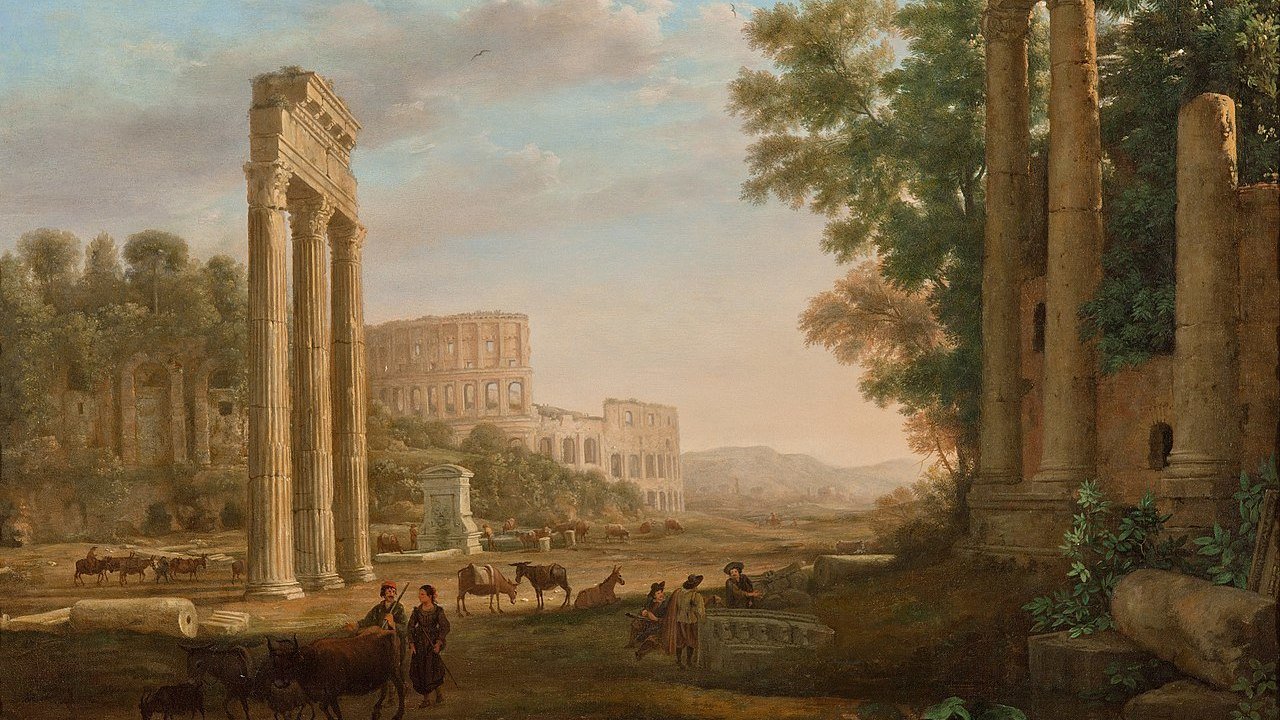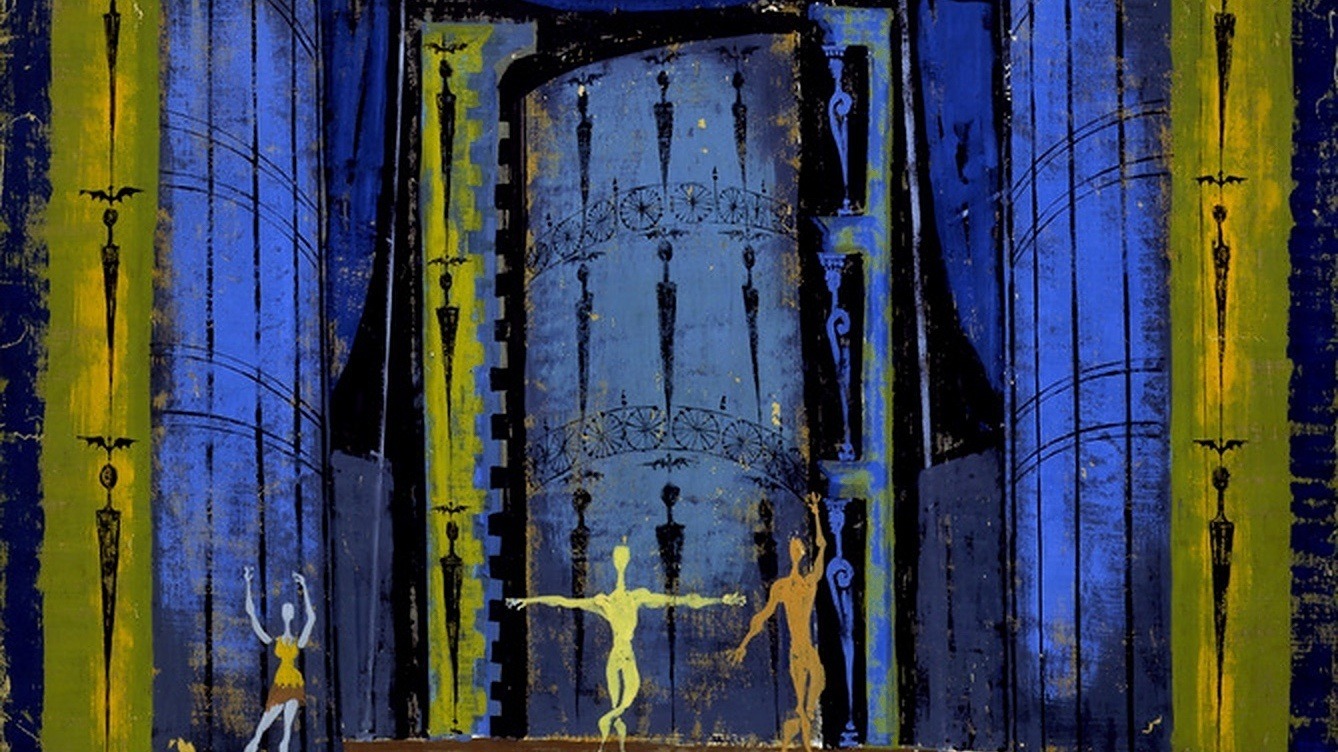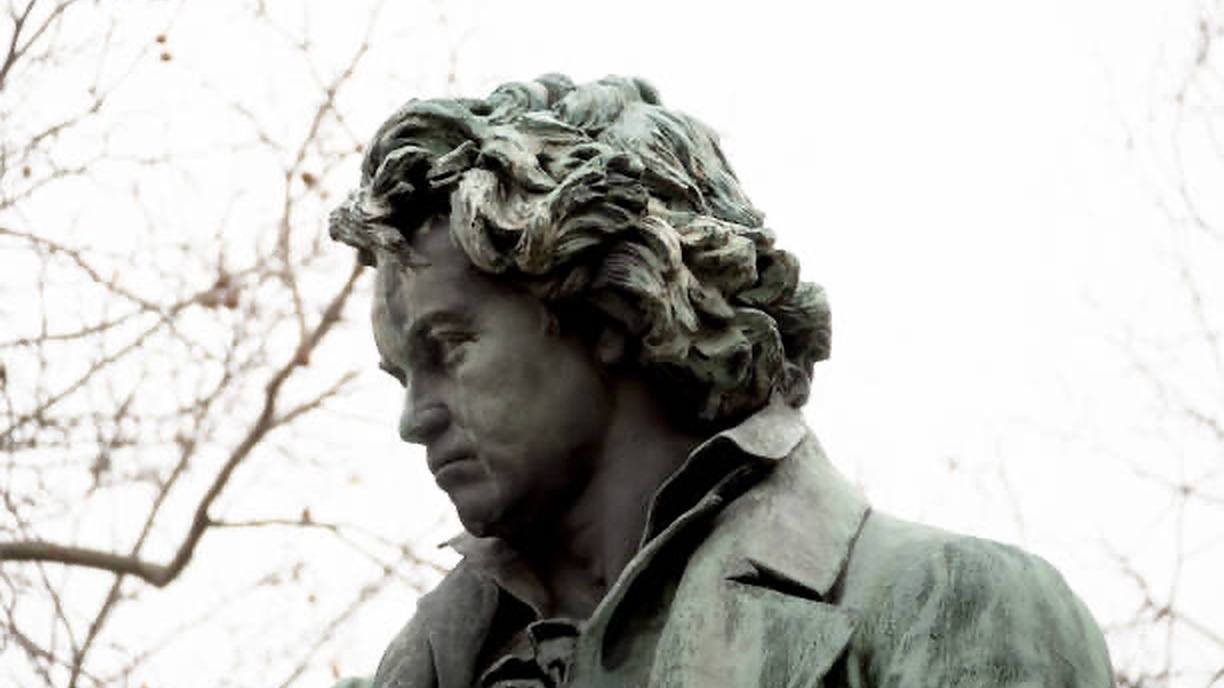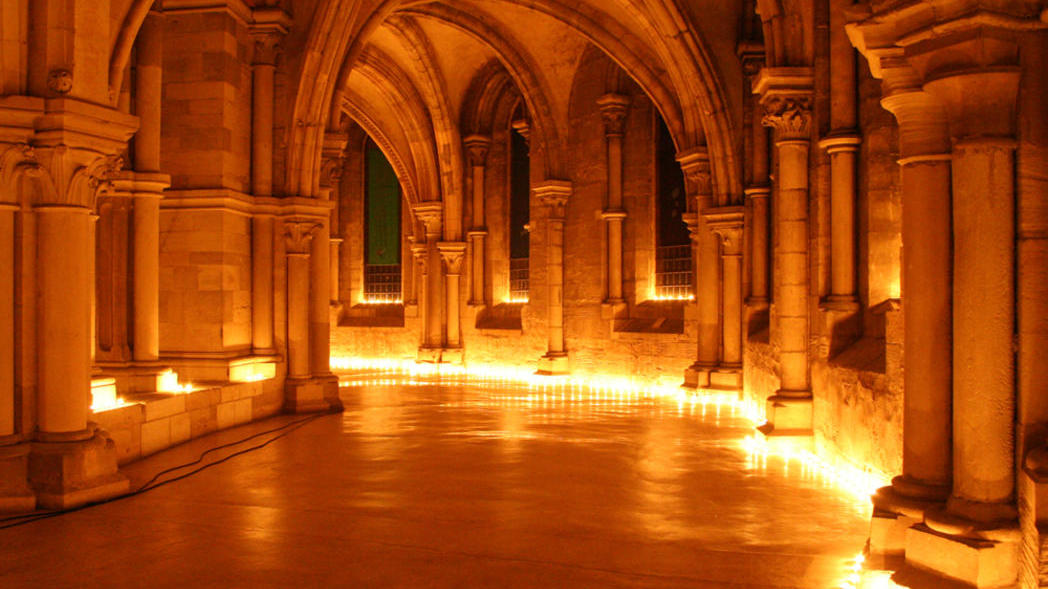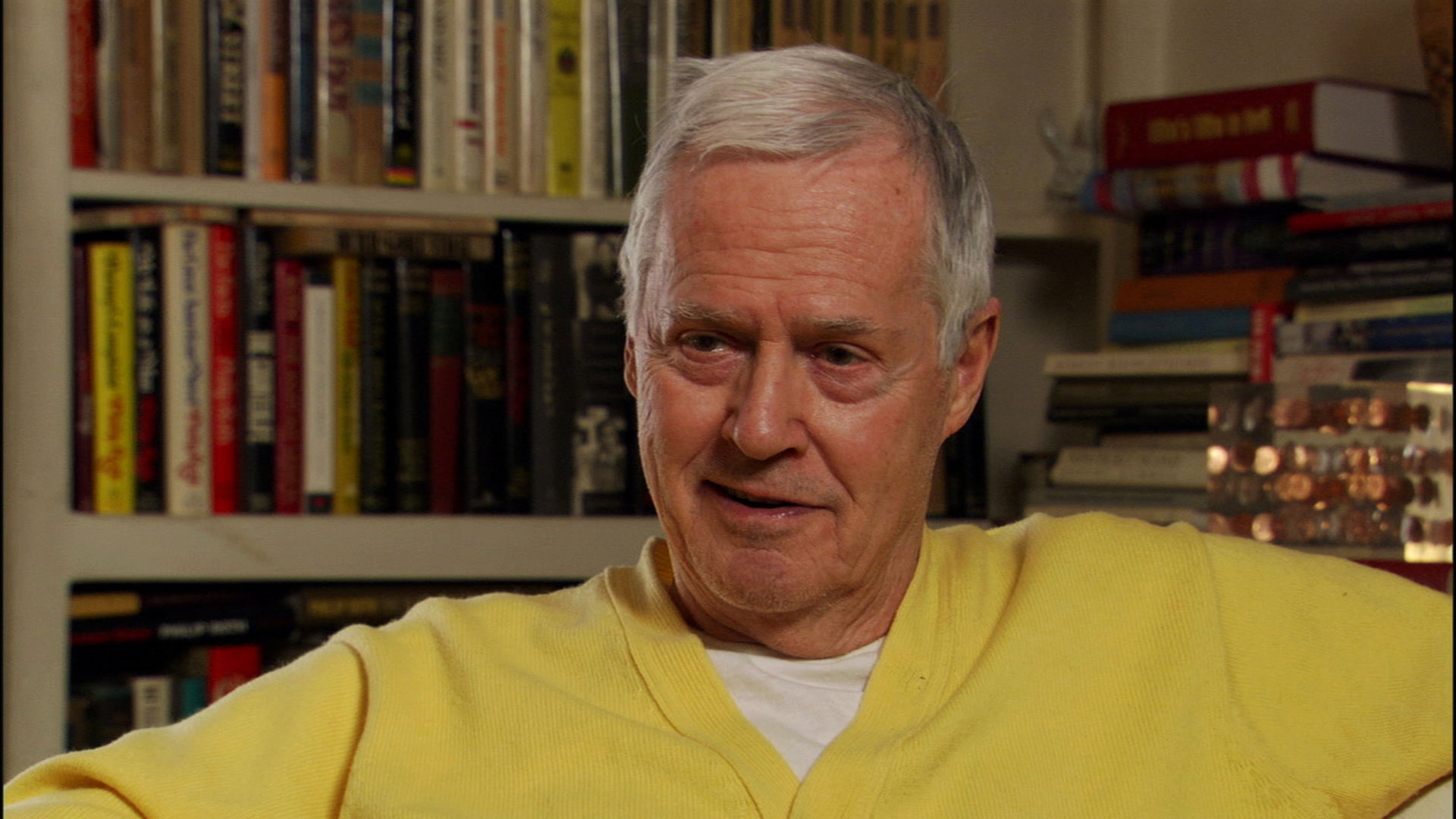Monteverdi’s “Pur ti Miro”: The Final Love Duet From “L’incoronazione di Poppea”
Claudio Monteverdi’s 1643 opera, L’incoronazione di Poppea (“The Coronation of Poppaea”), begins with a clash between mythological deities. In the prologue which precedes the first act, the goddesses of Fortune and Virtue each argue that they hold the most power over humankind. Soon, their disagreement is interrupted by the god of Love, who claims the greatest power of all, with the bold proclamation, “I tell the virtues what to do, I govern the fortunes of …

